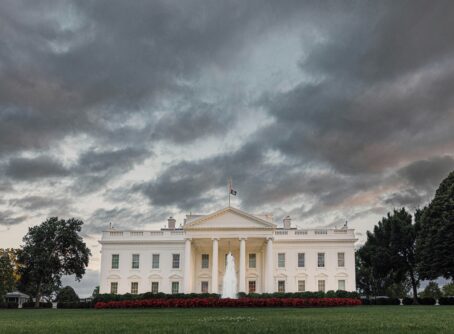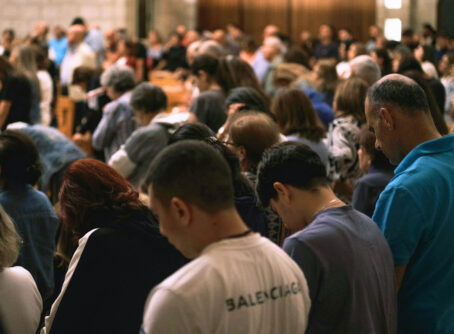What Makes the Center for Public Justice Different?
CPJ is a nonpartisan, Christian, civic education and policy organization based in Alexandria, VA. Our mission is to serve God by equipping citizens, developing leaders, and shaping policy to advance justice for the transformation of public life.

What is Public Justice?
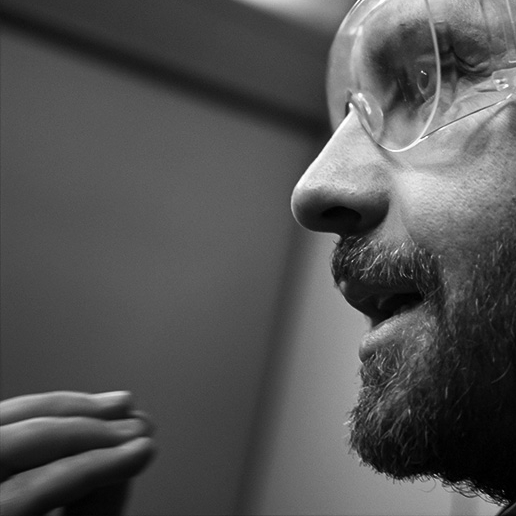
Why does public justice matter?
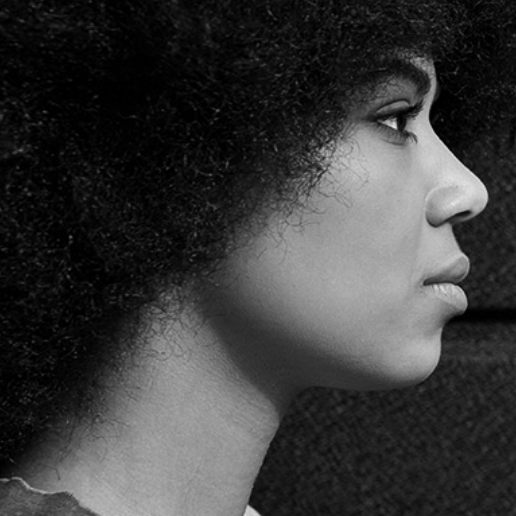
Christian & Democratic
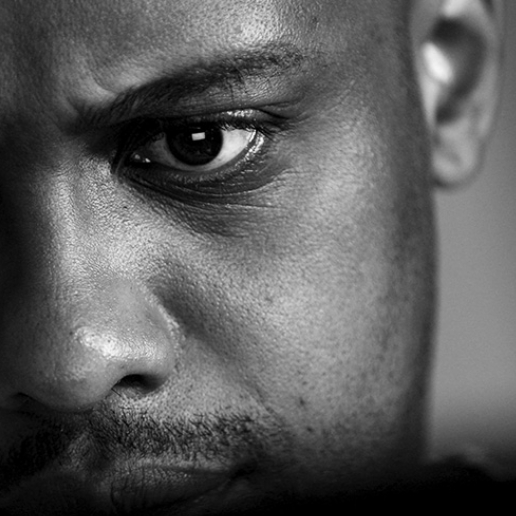
Principled Pluralism
Our Mission
Serving God by equipping citizens, developing leaders, and shaping policy to advance justice for the transformation of public life.
Our mission is threefold:
Equip Citizens: Through our publications, speeches, and programs, the Center for Public Justice inspires citizens with a Christian perspective and equips them with tools for civic responsibility.
Develop Leaders: Through our leadership development program, the Center for Public Justice encourages citizens with talents for public service, nurtures public officials, and honors model public servants.
Shape Policy: To help shape policy, the Center for Public Justice conducts research, crafts proposals, and advocates reforms. Staff members advise public officials, submit briefs in court cases, and educate the public about new policies.








